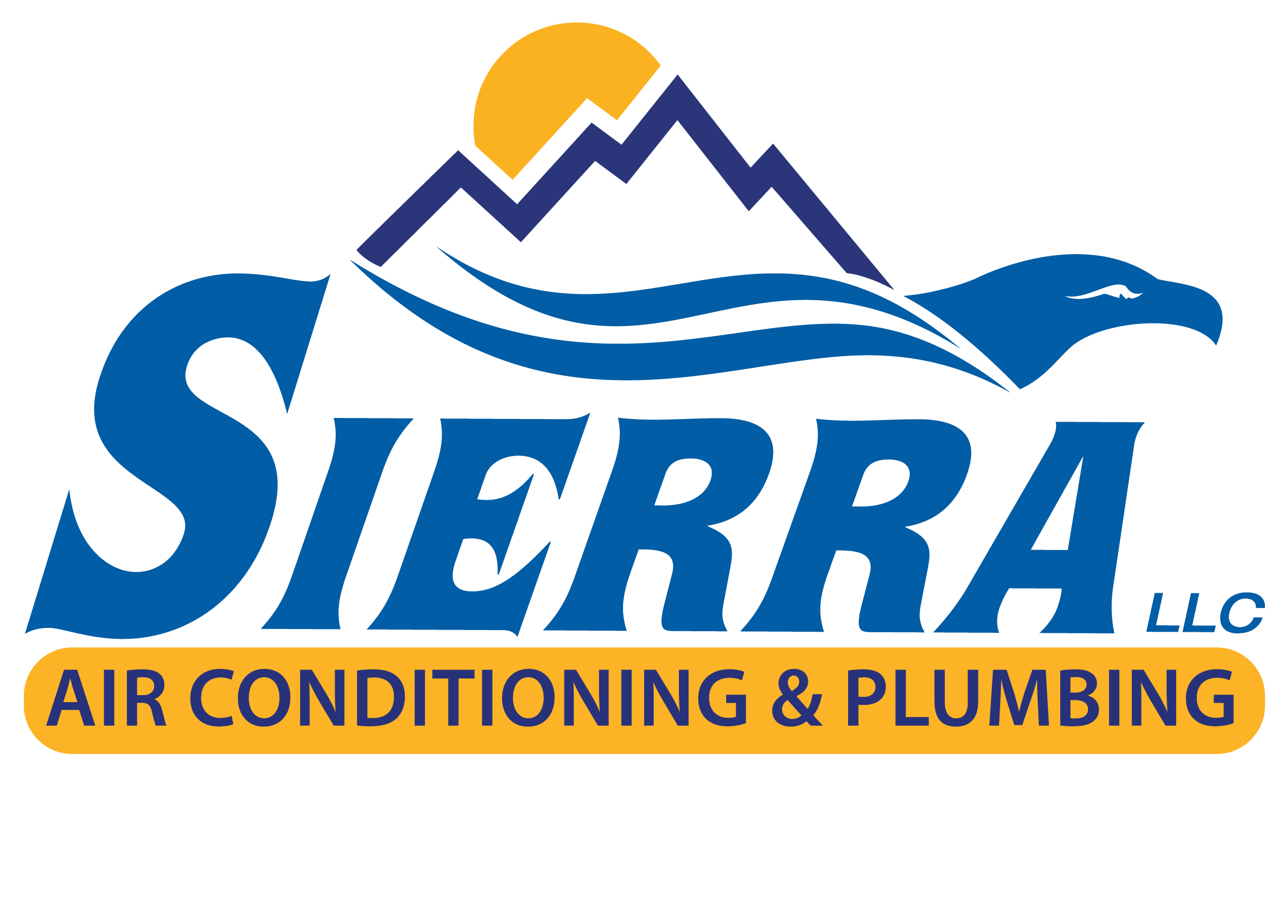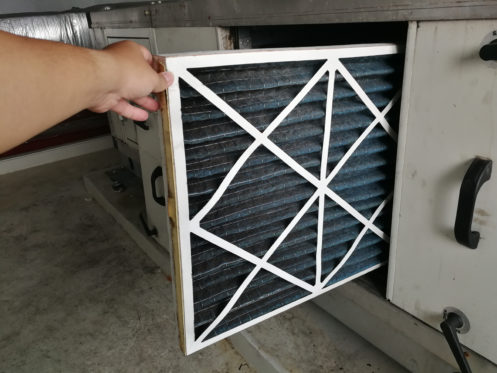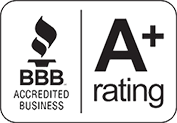Given how much time an average person spends inside, good indoor air quality is essential for both health and comfort. While there are various factors that influence air quality, filtering is without a doubt one of the most important. Without a filter, you will have a considerable concentration of airborne contaminants such as:
- Dust
- Allergens
- Pet hair
- Mold
- Skin flakes
While all air filters capture these contaminants, not all filters are made equal. Before you purchase your next HVAC filter, be sure you understand how it will affect your indoor air quality and energy efficiency.
MERV Filters: What Are They?
The minimum efficiency reporting value, or MERV, is a rating system for air filters. Simply said, the greater the MERV rating, the better the filter is at removing airborne pollutants.
The MERV rating of an HVAC air filter varies from 1 to 16. It’s likely that you’ve never given much thought to the air filters in your HVAC system. In most cases, you change them as needed to keep your heating and central air conditioning systems running smoothly. Most of your filters are most likely MERV 1 to 4.
This, however, merely means that there is a lot of room for improvement! You’ll want to make sure your HVAC system receives adequate airflow as you increase the MERV rating of your air filter. Therefore, it’s best to consult a heating and cooling professional if you’re interested in upgrading to a higher quality filter. There are several air filter replacement options available that can decrease the number of pollutants in the air.
High-quality filters may even eradicate biological growth, car exhaust, and smoke. They effectively remove airborne contaminants while using very little energy. A filter with a high MERV rating is especially recommended for allergy and asthma sufferers.
It’s vital to understand that MERV values aren’t all the same. They will vary depending on the brand. So, while one MERV 14 filter may be able to remove volatile compounds, another may not.
What Are HEPA (High-Efficiency Particulate Air) Filters Used For?
HEPA filters must meet stringent air filtration standards. In the United States, they must be capable of filtering out 99.97% of all microscopic particles with a diameter of less than 0.3 microns. Although HEPA filters are not rated on the MERV scale, their filtering powers go well beyond MERV 16. If you or a member of your family suffers from severe allergies, switching to a more powerful filtration system with HEPA filters may be useful.
These filters are so powerful that they cannot be installed in a residential system without interfering with the airflow. They can cause problems with the heating or cooling system’s operation. A qualified HVAC specialist can work with you to install a HEPA bypass system if you want the optimum air filtration for your home.
Which of These Is the Better Option?
The decision of which filter to use will be dictated by your specific needs. In most cases, a MERV-rated filter will offer an adequate balance of air purity and HVAC efficiency. Keep in mind that the air in your house is recirculated, which means that the same air will pass through your filter many times every day. Your air will be sufficiently clean after many cycles of catching up to 75% of airborne particles. This aspect helps in avoiding the extra energy needed by HEPA filtration.
Consult a Professional
Which is better for your house: MERV or HEPA? Testing the air in your home with an HVAC and indoor air quality professional is an important first step. An expert can help you identify the severity of the air quality problem and the size of the air filter needed to offer healthier, cleaner air in your home.
You may be tempted to go to the nearest hardware store and purchase the first air filter you see. Unfortunately, this is not the best technique since certain air filters are more effective and efficient than others. When looking for the best home air filter, you’ll almost certainly come across recommendations for both MERV and HEPA filters. What is the difference between the two? And which filter is most suited to your home? To answer these questions, it is vital to first understand the aims, strengths, and weaknesses of both sides.
It’s reasonable for a homeowner to desire a filter that can capture even the tiniest particles. Keep in mind that the more effective the filter, the more difficult it is for air to pass through it. This may cause your device to use more energy as it seeks to push air through the filter. It may also result in a shorter lifetime for your HVAC system.
Dust Particles
All air filters are designed to remove dust from the indoor air. A MERV rating of 5 to 8 effectively filters out allergens such as dust mites and pollen from the air. If no one in your home suffers from respiratory problems, or if airborne particles aren’t an issue, you may use a basic filter.
Volatile Compounds (VOCs)
VOCs are harmful to your health and are often released into the air when cleaning with household products. These contaminants may be removed from the air by using a filter with a MERV value of 8 to 16. Filters with a MERV rating of 13 to 17 are often used in hospitals and nursing homes. They are ideal for removing microorganisms from the air. If you or someone in your home has a chronic disease that affects the immune system, select this filter type.
Viruses
HVAC filters with a grade of 15 to 20 are indicated for use in residential and commercial locations where virus transmission is a great concern. If you have an illness that weakens your immune system’s capacity to fight infections, look for filters with a high rating.
Is There a MERV Rating for HEPA Filters?
HEPA filters are not MERV-rated since they exceed the ASHRAE standard. If HEPA filters were assigned a MERV rating, they would be about MERV 17 or higher.
Furthermore, MERV 17+ filters are preferred in spaces that need considerable air filtration. Again, this combination of a higher MERV rating and HEPA filters is overkill for homes and apartments. For residential and commercial buildings, air filters with a MERV value of no more than 16 are ideal.
Get Help Choosing the Best Indoor Air Quality Solution for Your Home
If you’re looking for the best HVAC filter for your home, a high-rated MERV filter or even a HEPA filter will deliver the best results. Do you worry about breathing toxic air in your home? Are your allergy or asthma symptoms becoming worse? Are you noticing an unpleasant odor in your home and wondering whether it’s the result of unsafe air pollutants? Sierra Air Conditioning & Plumbing specializes in both enhanced air filters and whole-home mechanical ventilation systems. Our indoor air quality professionals will spend time learning about the specific issues you’re having before offering the best solution for your Las Vegas home. In addition to assisting with air quality, we provide a full range of heating, cooling, and plumbing services. Contact us today for more information or to set up an appointment.





